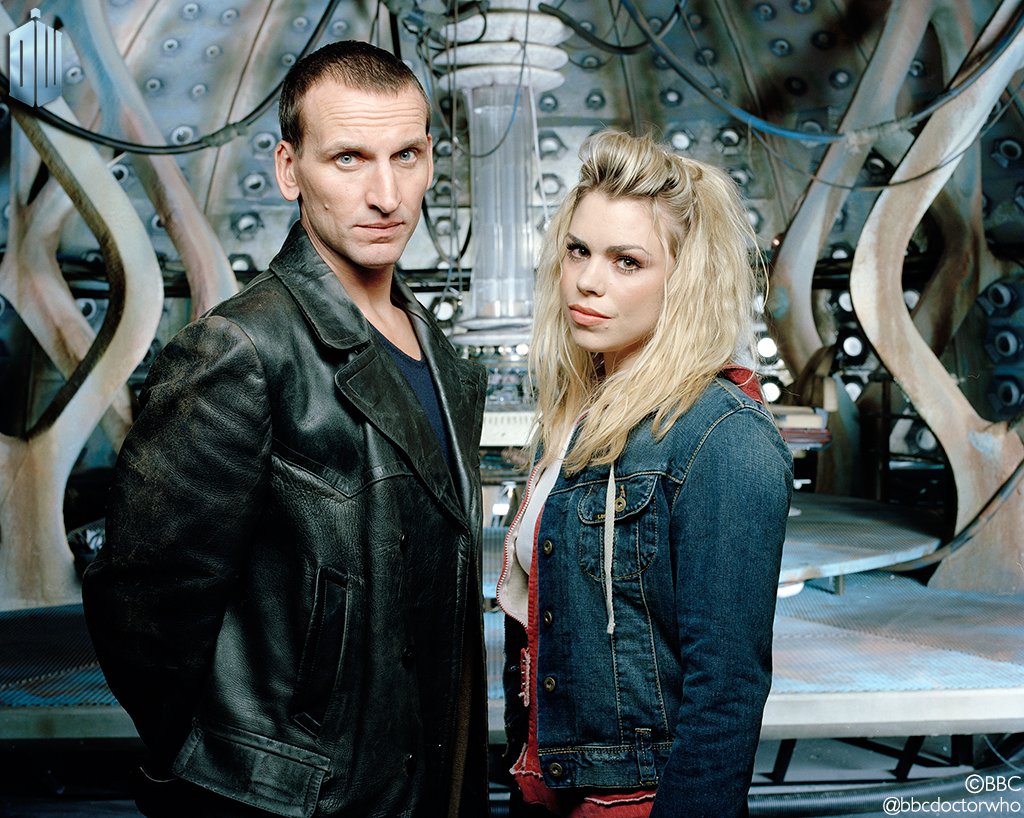
TV Editor Jasmine Davies examines whether Doctor Who strives on romance or if the Doctor’s strongest relationships are built on friendship
The Doctor burned up a sun just to say goodbye to Rose Tyler (Billie Piper) and spent 24 years on Darillium with River Song (Alex Kingston). Yet, ask most Doctor Who fans which companion had the best dynamic with him, and chances are they’ll say Donna Noble (Catherine Tate). Their platonic bond connected with audiences in a way that romance never quite did.
But why? Romance is the backbone of so many stories. It’s what audiences are drawn to; what entire genres are built around. You’re telling me that if an impossibly charismatic alien with a time machine whisked you across the universe, you wouldn’t fall in love?
“Doctor Who’s romantic storylines have rarely worked for me
And yet, Doctor Who’s romantic storylines have rarely worked for me – well, unless we’re talking about the Ninth Doctor (Christopher Eccleston) and Rose, or the Twelfth Doctor (Peter Capaldi) and Clara (Jenna Coleman). Okay, so maybe I don’t mind romance entirely. But if it means sitting through another season of a companion getting the Martha Jones (Freema Agyeman) treatment? I’d rather pass.
Watching Martha pine for the Tenth Doctor (David Tennant) – while he remained oblivious and often dismissive – was frustrating. Their dynamic felt unbalanced, and it ultimately hindered Doctor Who’s third season. Unlike Rose, whose slow-burn tragedy was built into the story, or River, whose time-twisting love affair had layers, Martha’s crush didn’t add depth to her character. If anything, it reduced her to unrequited love, overshadowing her intelligence and bravery. It’s no surprise that her character truly shined once she left the Doctor behind.
And it wasn’t just Martha. There was also Amy Pond (Karen Gillan), a soon-to-be-married woman throwing herself at the Eleventh Doctor (Matt Smith). Thankfully, their relationship evolved into a deep, platonic friendship, but for a while, it felt like Doctor Who was forcing romance into places where it didn’t belong.
For me, the Doctor’s romances often feel surface-level. By nature or design, he is an alien with an ever-changing face, a being who exists outside of traditional human relationships. When the show does explore romance, it rarely goes beyond longing looks and bittersweet partings. It never quite lands the way other sci-fi love stories do.
The only Doctor Who relationship that ever made me truly root for a romance? The Twelfth Doctor and Missy (Michelle Gomez). Now that had chemistry. Their centuries-long connection was built on betrayal, affection, and a deep, unsettling understanding no one else could share. No romance between the Doctor and a companion ever came close.
“The Doctor’s role was that of an eccentric mentor, an explorer, a protector – not a lover.
One of the strongest arguments against giving the Doctor love interests is that, for most of the show’s history, he was portrayed as almost asexual. Classic Doctor Who rarely, if ever, hinted at romance. The Doctor’s role was that of an eccentric mentor, an explorer, a protector – not a lover. While modern Doctor Who has introduced romantic elements, they often feel more like an addition than a necessity.
So, does Doctor Who need romance? Or does the show work better when the Doctor’s companions are just that – companions, not love interests?
For me, the strongest Doctor Who relationships have always been built on friendship. Donna Noble didn’t need romance to have one of the most beloved arcs in the show’s history. And at the end of the day, the Doctor doesn’t need a love story – he needs a friend. Or, as he once told Donna: “I just want a mate.”
More from Redbrick TV:
Review: Doctor Who Season Fourteen
Comments